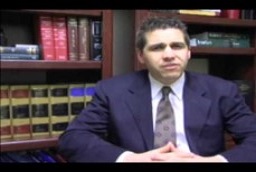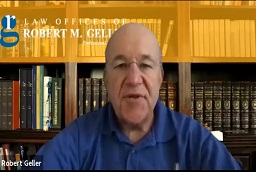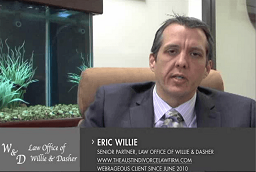The art of the SEO in action is a talent that cannot be learned nor refined within a matter of months. A truly effective SEO will need to work at their job for a few years at least in order to really understand how to build a site that internet users can find and navigate with ease.
However, there are a few ideas that, when combined into a kind of checklist, can be used to identify particular faults or areas of focus that an SEO may need to pay attention to.
Fundamentally, these ideas cross three very specific areas:
- Context
- Organization
- Findability
Context
An SEO should be prepared to work with content on a website. This may well mean that they write the content themselves, create link labels or that they link between pages, but their presence in the development of website content should be constant.
Many SEOs stop at the research of keywords and it is here that some of the main problems lie. An effective SEO analyzes contextual issues. They look at whether the site is global or local, they research into the terminology used by regular internet visitors and they are aware of the different languages spoken by users who use the site.
A really effective SEO is thoroughly aware of the context of the internet user who visits that particular site. In fact, that are so mindful of their audience that they employ the “mental model” when optimizing any site that they are working on.
Organization
If a website is poorly organized, then the internet user is going to have difficulty navigating through it. A huge part of the job of an effective SEO is to make sure that the organization of a website is not hindering its success.
For example, establishing a hierarchical structure in terms of content and pages in a website is one of the most basic and fundamentally important jobs for a successful SEO. SEOs need to consider where content goes, how much content is used, how important certain content is, what content is included and why.
If an SEO is not directly involved with the development and creation of content in this intimate way then they are never really going to be anything but a mediocre SEO at best.
Findability
Successful SEOs make websites and pages within websites easy to search for. This is one of their most basic of responsibilities. This means that an SEO needs to have an understanding of the difference between short-tail and long-tail keywords. This directly refers to a knowledge of Information Architecture; a key concept in the work of a successful SEO.
A brutal fact is that 95% of all search engine referrals come from Page 1 of a SERP.
The option to utilize PPC Advertising and to pay for the advertisements on Page 1 does exist. However, the skill and craft that an SEO must develop to get a website ranked highly on a consistent basis through Organic Marketing is challenging. It is also what can make the work of an SEO incredibly fulfilling.
In conclusion, to improve the quality of an internet user’s experience or to make a website more attractive to a search engine bot is a true art and the best way to approach that art from the beginning is to first analyze what the audience wants and how they want to find it.
If you can do this, an incredibly successful SEO you will be.



















